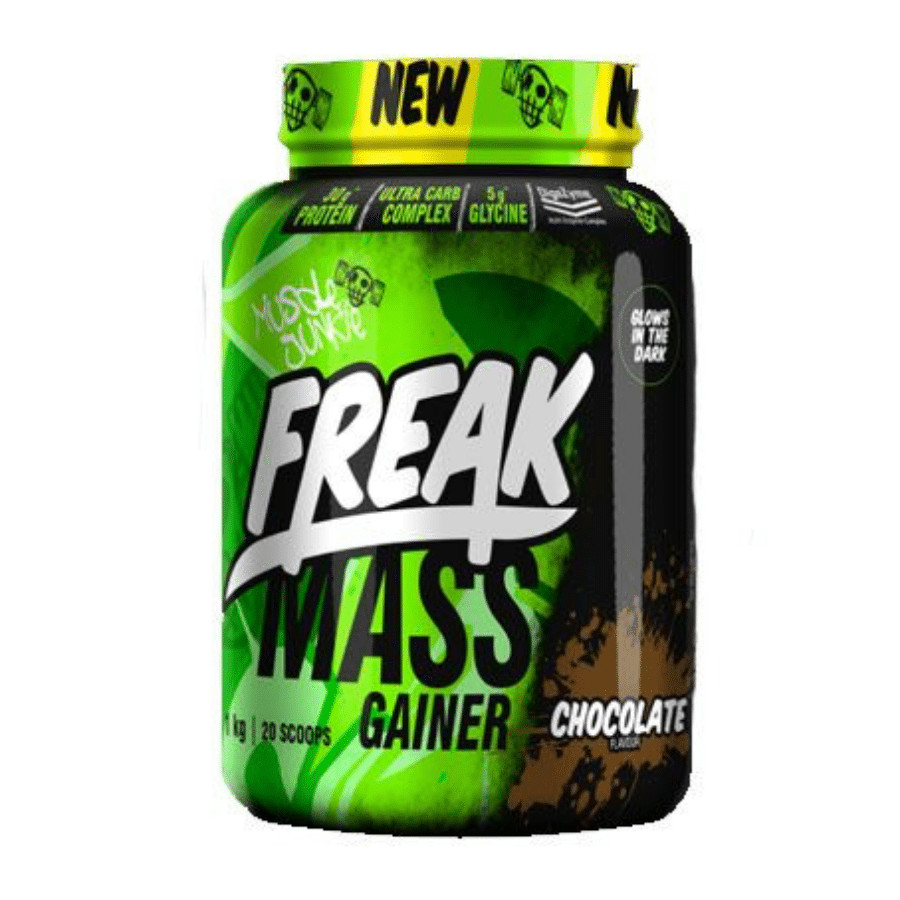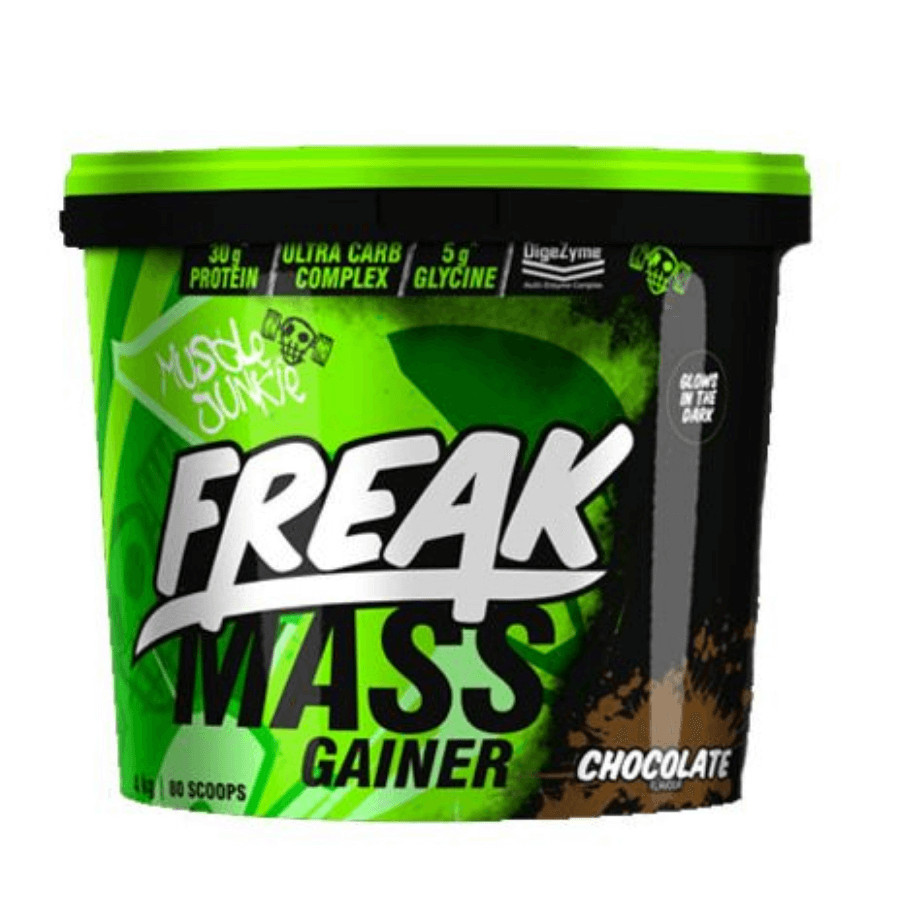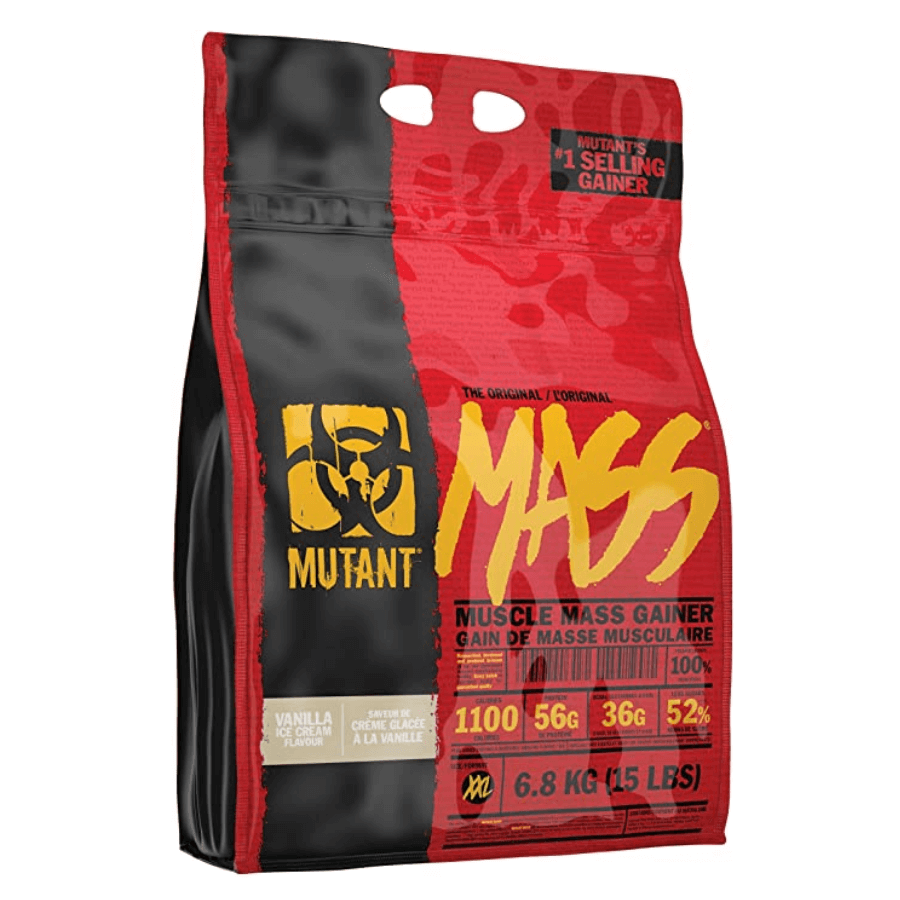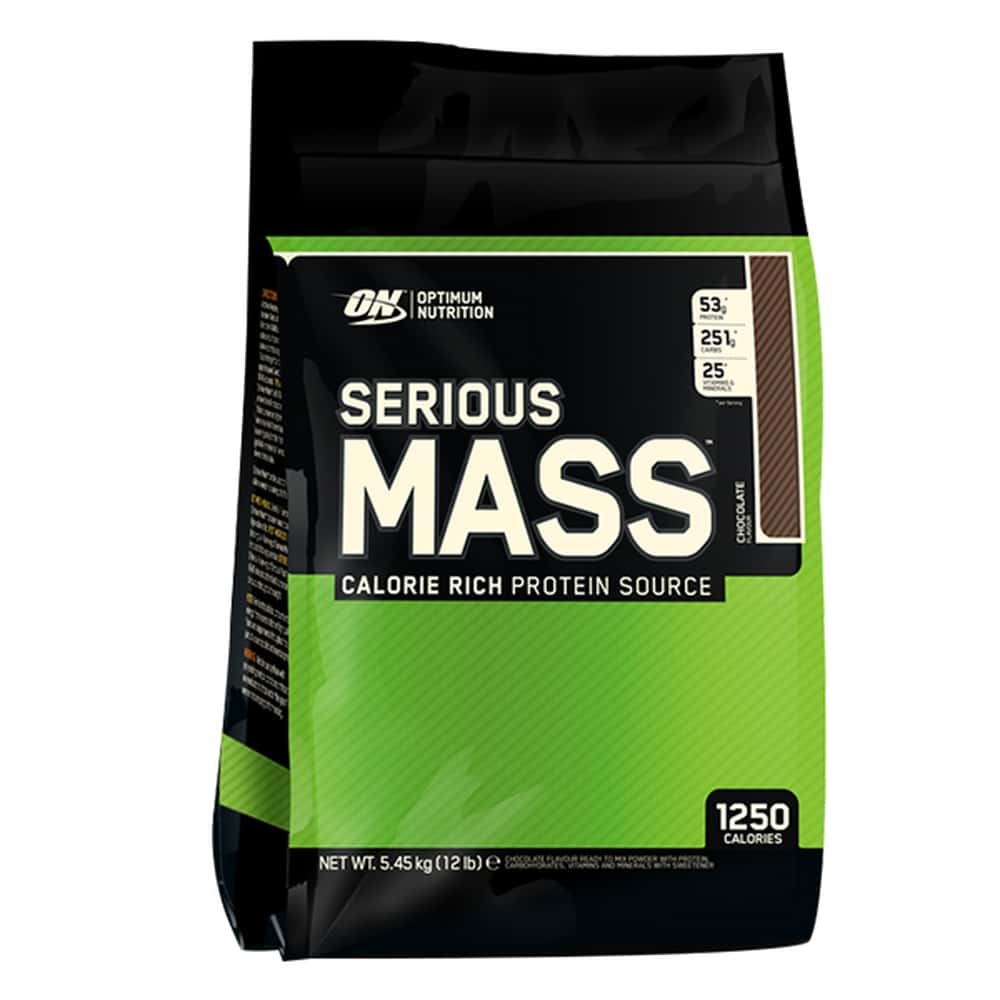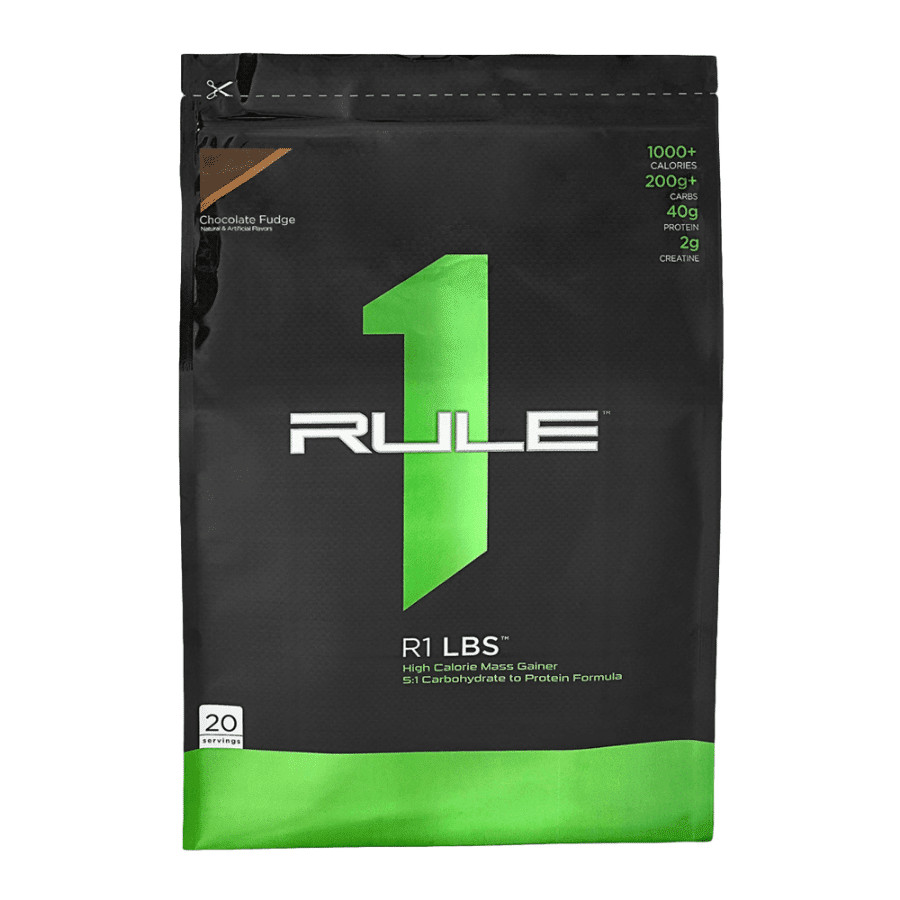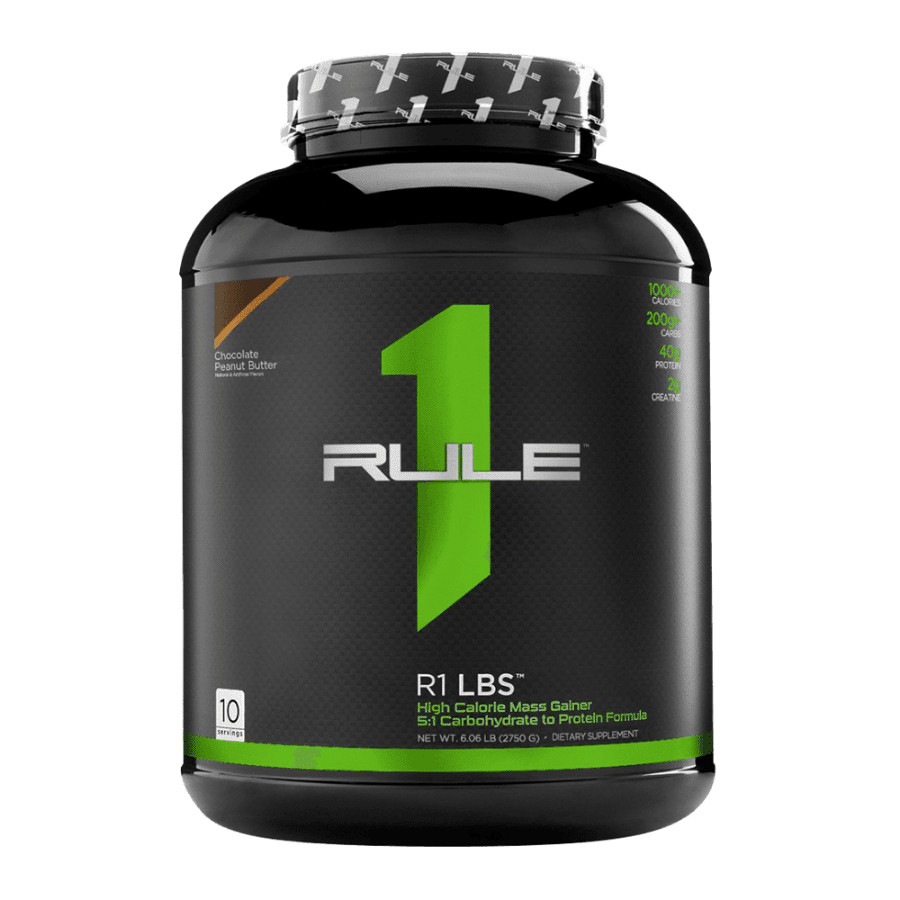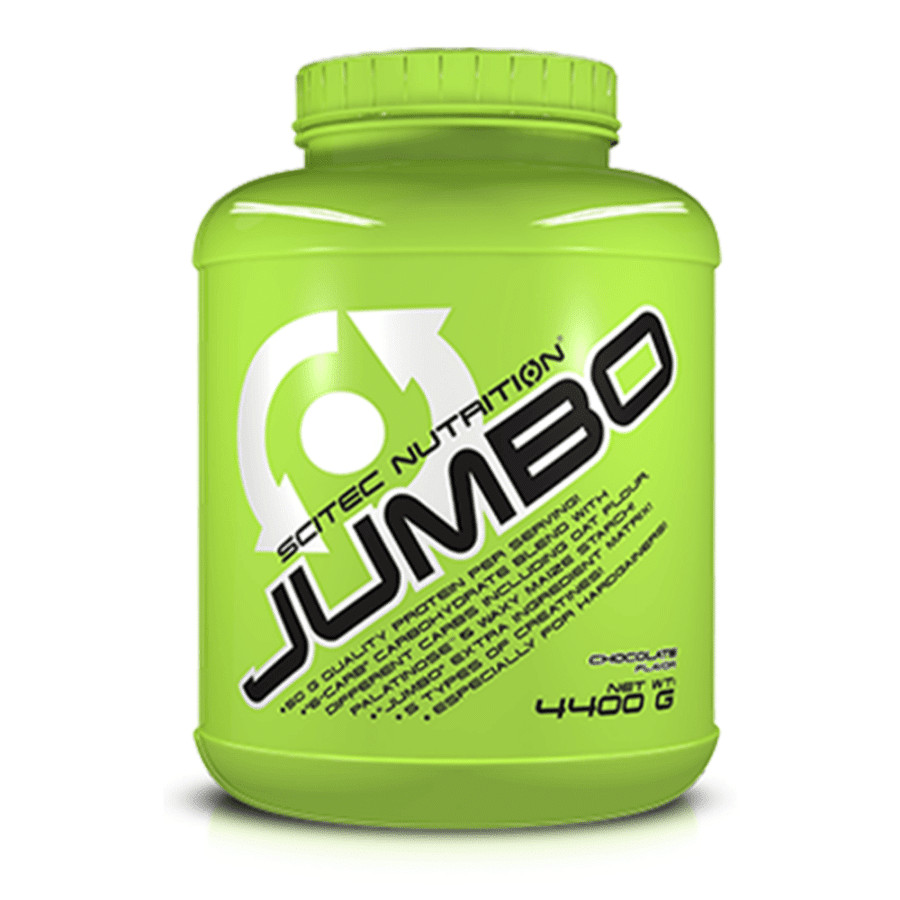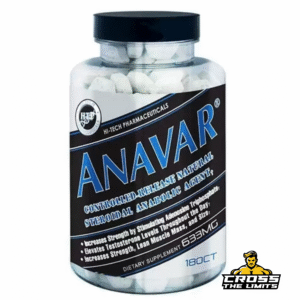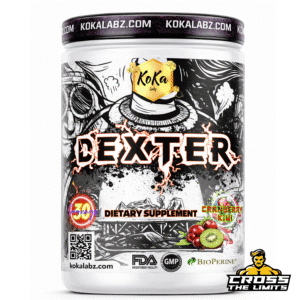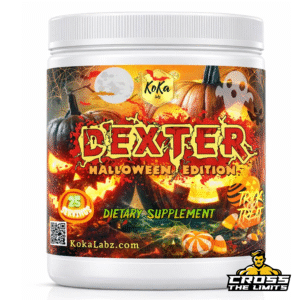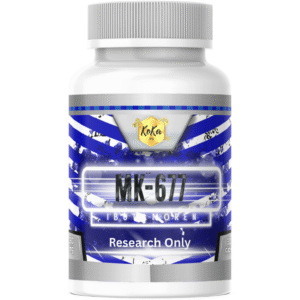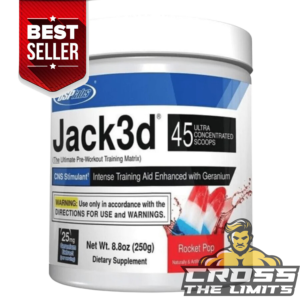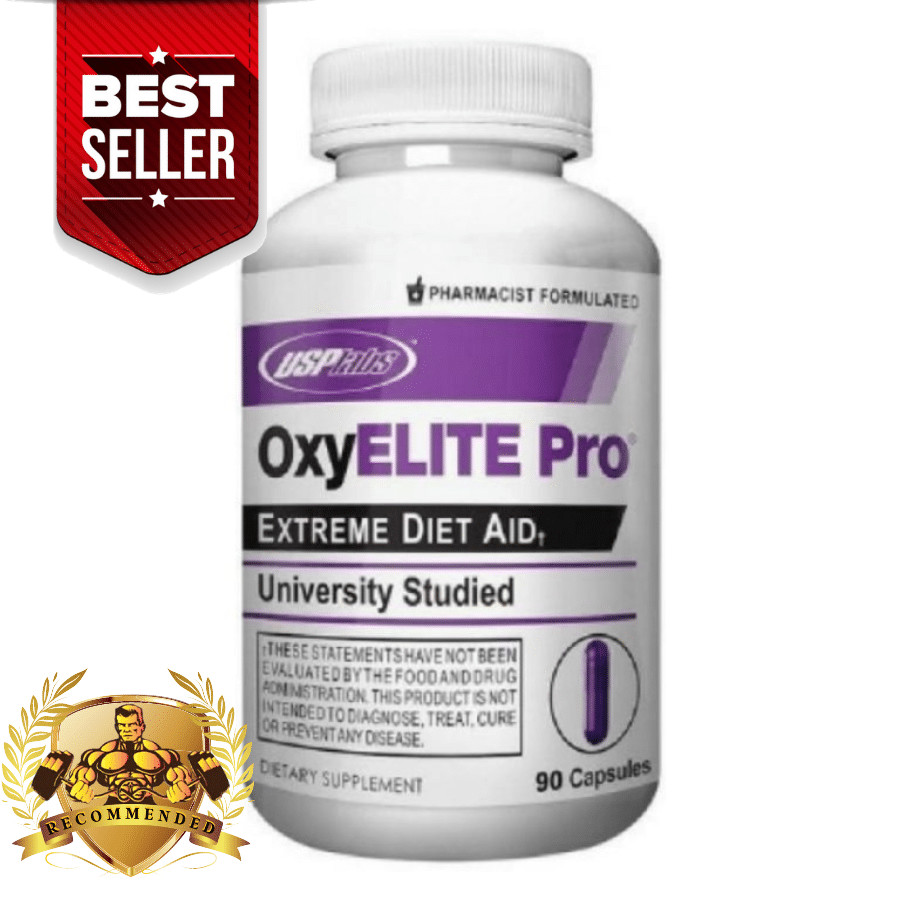Sports nutrition is a crucial aspect of an athlete’s training and performance. It involves studying and practising nutrition and diet related to athletic performance. Proper nutrition is essential for athletes to achieve their full potential and to maintain their overall health and well-being. Sports nutrition focuses on providing the body with the proper nutrients at the right time to optimize performance, enhance recovery, and prevent injury. It also considers the specific needs of different athletes, such as endurance, strength, and team sport athletes. In this article, we will explore the importance of proper nutrition for athletes, the nutritional needs for different types of training, the role of supplements in sports nutrition, the impact of hydration on performance, the influence of diet on recovery and injury prevention, and the benefits of working with a sports nutritionist for individualized plans.
The Importance of Proper Nutrition for Athletes
Proper nutrition is essential for athletes to perform at their best and to maintain their overall health and well-being. Athletes have higher energy and nutrient needs than the general population due to the physical demands of their training and competition. Carbohydrates, fats, proteins, vitamins, minerals, and water are all essential nutrients that play a crucial role in an athlete’s performance. Carbohydrates are the body’s primary energy source, especially during high-intensity exercise, and are essential for replenishing muscle glycogen stores. Fats provide a concentrated source of energy and are necessary for long-duration activities. Proteins are essential for muscle repair and growth and for supporting the immune system. Vitamins and minerals are essential for various physiological processes, such as energy production, muscle function, and bone health. Hydration is also crucial for maintaining optimal performance and preventing dehydration, which can negatively impact athletic performance. Inadequate nutrition can lead to fatigue, poor recovery, increased risk of injury, and decreased performance. Therefore, proper nutrition is essential for athletes to achieve their full potential and to maintain their overall health and well-being.
Nutritional Needs for Different Types of Training
Different types of training require different nutritional strategies to support optimal performance and recovery. Endurance athletes, such as marathon runners and cyclists, have higher energy and carbohydrate needs due to the prolonged nature of their activities. They must also focus on adequate hydration and electrolyte balance to prevent dehydration and maintain optimal performance. Strength athletes, such as weightlifters and powerlifters, have higher protein needs to support muscle repair and growth. They also need to focus on adequate carbohydrate intake to fuel high-intensity workouts. Team sport athletes, such as soccer players and basketball players, have a combination of endurance and strength requirements and need a balanced diet that provides adequate energy, carbohydrates, proteins, fats, vitamins, minerals, and hydration. Tailoring nutrition to the specific demands of different types of training is essential for athletes to optimize their performance and recovery.



